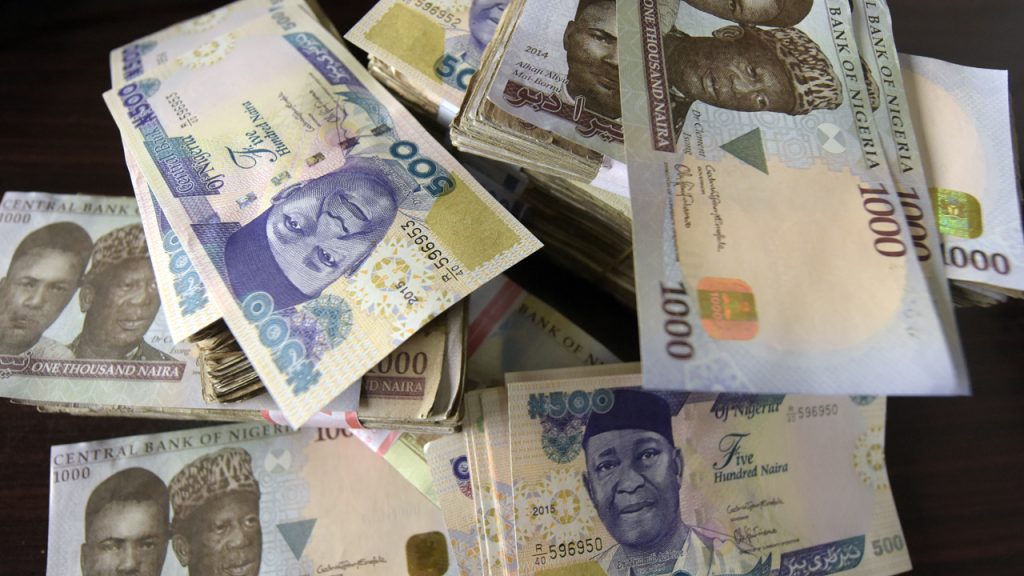In the first half of 2024, the Federal Government of Nigeria has seen notable revenue generation from the Electronic Money Transfer Levies (EMTL), accruing N103.7 billion. This figure signifies a 7.55 percent increase compared to the N96.44 billion collected during the corresponding period in 2023. The uptick in revenue from the EMTL underscores a growing trend in the adoption of digital payment platforms, with more Nigerians and businesses moving toward electronic banking solutions. This shift aligns with broader efforts to modernize and enhance the financial landscape in Nigeria, as digital transactions become increasingly commonplace in everyday financial interactions.
The Electronic Money Transfer Levy, established through the Finance Act 2020, represents a strategic initiative to capitalize on the rise of electronic funds transfer across the nation. The EMTL imposes a one-off charge of N50 on electronic transactions of N10,000 or more, aiming to generate additional revenue for the government amidst the evolving financial ecosystem. Despite facing fluctuations in revenue over the months, the overall trend indicates a positive trajectory toward increasing government income from this initiative. Notably, the revenue collection recorded some variance; for instance, January witnessed a decline of 26.57 percent compared to the same month the previous year, while March saw a significant spike with a 53.41 percent increase year-on-year.
Throughout the subsequent months, variations continued, indicating a dynamic environment for electronic transactions. In April, revenue marginally increased by 1.85 percent compared to April 2023, while May demonstrated a robust growth of 24.24 percent. However, June recorded a slight decrease from May, though it still marked a 5.40 percent improvement when compared to the same month last year. This variability signifies the adaptive nature of the electronic transactions landscape, which is influenced by factors such as seasonal spending patterns, consumer confidence, and changes in digital payment habits.
As verified by data from the Nigeria Inter-Bank Settlement System, e-payment transactions surged by 86.44 percent to a staggering N566.39 trillion during the first half of 2024. This growth can be attributed to enhanced access and convenience afforded by various digital payment platforms, such as the Nigeria Instant Payment (NIP) system, which facilitates real-time interbank transactions. Launched in 2011, the NIP platform has enabled banks to broaden access through multiple channels, including internet banking, mobile applications, and point-of-sale (POS) systems. As consumers increasingly rely on these digital solutions for conducting financial transactions, the shift reflects a growing acceptance and reliance on technology in daily financial engagements.
Overall, the trend of rising electronic payment transactions continues to strengthen the narrative surrounding the adoption of digital financial solutions in Nigeria. Last year marked a significant milestone, with electronic payment transactions achieving an unprecedented high of N600 trillion, indicating a robust increase of 55 percent from the N387 trillion recorded in 2022. This upward trajectory highlights the transformative impact of digital banking on the economic landscape, pushing consumers and businesses alike toward more efficient and convenient financial practices that effectively meet their needs.
However, the rapid growth of the mobile money sector in Africa does not come without challenges, particularly concerning security concerns. A recent report by the Global System for Mobile Communications Association highlights a concerning trend in mobile money fraud, with losses exceeding $1 billion in 2023. Such statistics raise pertinent questions about the sustainability of mobile money adoption if security issues remain unaddressed. As telecom operators invest heavily in mobile financial services, industry players are increasingly urged to bolster security measures, ensuring that consumers feel secure while engaging in digital transactions, thus preventing potential hurdles to further adoption.


